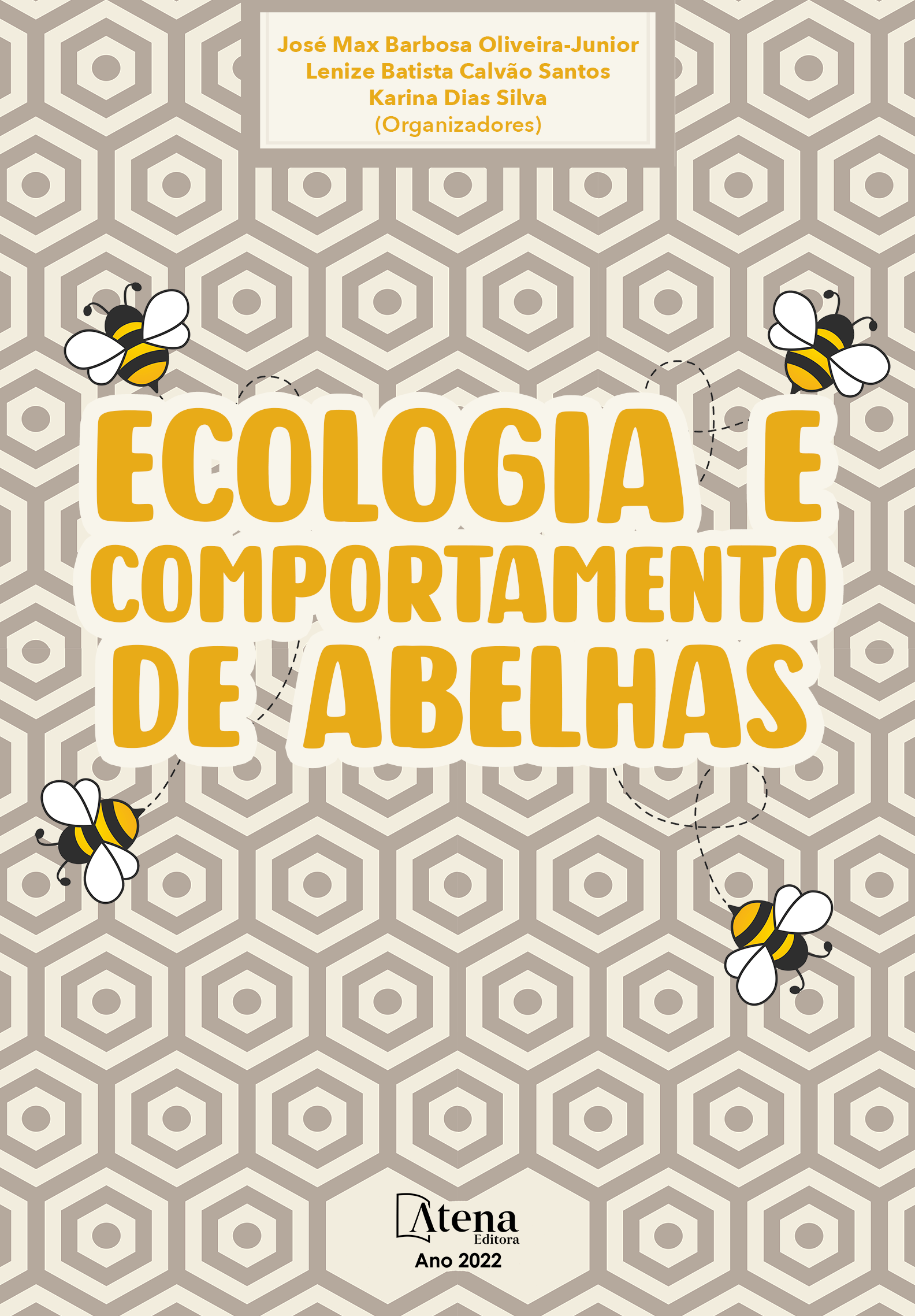
ANÁLISE DO CONHECIMENTO SOBRE ABELHAS E SEU PAPEL NA POLINIZAÇÃO JUNTO AOS UNIVERSITÁRIOS DE ENGENHARIA AMBIENTAL DA UNIVERSIDADE FEDERAL DO TOCANTINS - UFT.
As abelhas ocupam o planeta Terra há pelo menos 140 milhões de anos. Entretanto, apesar da alta diversidade de abelhas existentes o conhecimento sobre elas ainda parece ser incipiente na população. No estado do Tocantins, está inserido UFT, cujos cursos integrantes, tem-se o de Engenharia Ambiental da UFT, o qual visa qualificar profissionais para resolver questões relacionadas com meio ambiente e desenvolvimento. Portanto, este trabalho objetiva analisar o conhecimento dos estudantes universitários da Ambiental sobre as abelhas e a polinização para, no futuro, planejar ações de conscientização ambiental e promover o aprimoramento do conhecimento já existente. Foram entrevistados 91 estudantes, onde foram respondidas 9 questões objetivas, subjetivas e mistas acerca do tema abelhas e seu papel na polinização. Os dados levantados foram analisados quali-quantitativamente e os resultados obtidos foram expressos percentualmente. Quando questionados sobre a que a palavra abelha lhes remete, as palavras mel, polinização e inseto foram as 3 mais citadas. Quanto ao termo abelhas indígena ou nativas, 59,34% já ouviram falar ou conhecem as abelhas sem ferrão (ASF), sendo que desses, apenas 15,38% realmente sabiam. Quanto termo polinização, 95,60% responderam saber o que é, porém 41,76% sabiam o real papel das abelhas na polinização. Dos entrevistados, 51,65% responderam que não criariam abelhas por várias razões. Entretanto, razões como alergia, possuírem ferrão, medo e não concordarem em criar abelhas em ambiente doméstico, refletem falta de conhecimentos sobre o assunto, já que 86,81% não participaram de nenhum evento sobre o tema. Assim, a importância de se fazer um evento sobre o assunto na universidade foi reconhecida por todos. Concluindo, de modo geral os estudantes possuem pouco conhecimento sobre as abelhas e principalmente as ASF. Logo, são necessárias ações de educação ambiental que os conscientize para a relevância das abelhas na conservação da biodiversidade.
ANÁLISE DO CONHECIMENTO SOBRE ABELHAS E SEU PAPEL NA POLINIZAÇÃO JUNTO AOS UNIVERSITÁRIOS DE ENGENHARIA AMBIENTAL DA UNIVERSIDADE FEDERAL DO TOCANTINS - UFT.
-
DOI: 10.22533/at.ed.6602220013
-
Palavras-chave: educação ambiental, polinização, abelhas sem ferrão
-
Keywords: Ambiental education, pollination , stingless bees
-
Abstract:
Bees have occupied planet Earth for at least 140 million years. However, despite the high diversity of existing bees, knowledge about them still seems to be incipient in the population. In the state of Tocantins, UFT is included, whose integral courses are UFT's Environmental Engineering, which aims to qualify professionals to resolve issues related to the environment and development. Therefore, this work aims to analyze the knowledge of Environmental university students about bees and pollination in order, in the future, to plan environmental awareness actions and promote the improvement of existing knowledge. A total of 91 students were interviewed, in which 9 objective, subjective and mixed questions were answered about the theme Bees and their role in pollination. The data collected were analyzed quali-quantitatively and the results obtained were expressed as a percentage. When asked about what the word bee refers to, the words honey, pollination and insect were the 3 most cited. As for the term indigenous or native bees, 59.34% have heard of or know about stingless bees (ASF), and of these, only 15.38% actually knew. As for the term pollination, 95.60% answered knowing what it is, but 41.76% knew the real role of bees in pollination. Of those interviewed, 51.65% responded that they would not raise bees for various reasons. However, reasons such as allergy, having a stinger, fear and not agreeing to raise bees in a domestic environment reflect a lack of knowledge on the subject, as 86.81% did not participate in any event on the subject. Thus, the importance of holding an event on the subject at the university was recognized by everyone. In conclusion, in general, students have little knowledge about bees and especially ASF. Therefore, environmental education actions are needed to make them aware of the importance of bees in biodiversity conservation.
-
Número de páginas: 8
- Nádilla Gonçalves Andrade
- Nathália Oliveira Lima
- Laiza Bezerra Lima
- Simone Santos Oliveira Barros
- Joelson Sousa Junior
- Waldesse Piragé de Oliveira Junior


